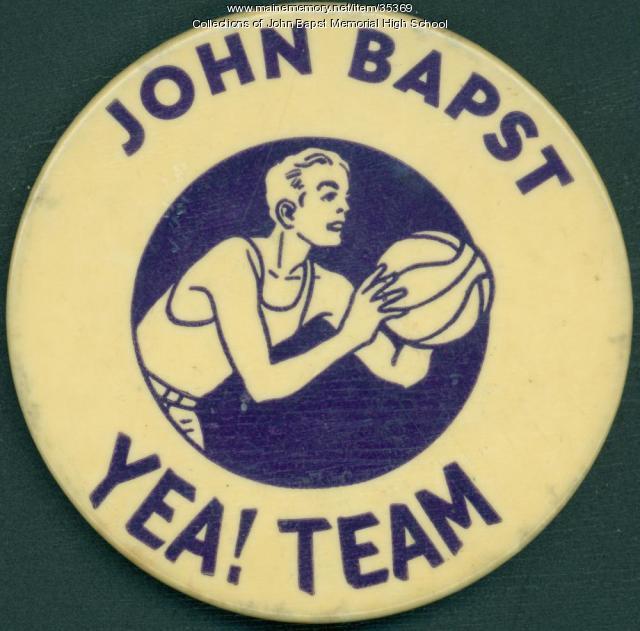Keywords: Bishop of Portland
- Historical Items (29)
- Tax Records (67)
- Architecture & Landscape (2)
- Online Exhibits (9)
- Site Pages (7)
- My Maine Stories (0)
- Lesson Plans (0)
Online Exhibits
Your results include these online exhibits. You also can view all of the site's exhibits, view a timeline of selected events in Maine History, and learn how to create your own exhibit. See featured exhibits or create your own exhibit
Exhibit
The Irish on the Docks of Portland
Many of the dockworkers -- longshoremen -- in Portland were Irish or of Irish descent. The Irish language was spoken on the docks and Irish traditions followed, including that of giving nicknames to the workers, many of whose given names were similar.
Exhibit
Doing Good: Medical Stories of Maine
Throughout Maine’s history, individuals have worked to improve and expand medical care, not only for the health of those living in Maine, but for many around the world who need care and help.
Exhibit
Immigration is one of the most debated topics in Maine. Controversy aside, immigration is also America's oldest tradition, and along with religious tolerance, what our nation was built upon. Since the first people--the Wabanaki--permitted Europeans to settle in the land now known as Maine, we have been a state of immigrants.
Exhibit
The history of the region now known as Maine did not begin at statehood in 1820. What was Maine before it was a state? How did Maine separate from Massachusetts? How has the Maine we experience today been shaped by thousands of years of history?
Exhibit
George F. Shepley: Lawyer, Soldier, Administrator
George F. Shepley of Portland had achieved renown as a lawyer and as U.S. Attorney for Maine when, at age 42 he formed the 12th Maine Infantry and went off to war. Shepley became military governor of Louisiana early in 1862 and remained in the military for the duration of the war.
Exhibit
In Maine, like many other states, a newly formed Ku Klux Klan organization began recruiting members in the years just before the United States entered World War I. A message of patriotism and cautions about immigrants and non-Protestants drew many thousands of members into the secret organization in the early 1920s. By the end of the decade, the group was largely gone from Maine.
Exhibit
For one hundred years, Acadia National Park has captured the American imagination and stood as the most recognizable symbol of Maine’s important natural history and identity. This exhibit highlights Maine Memory content relating to Acadia and Mount Desert Island.
Exhibit
John Bapst High School was dedicated in September 1928 to meet the expanding needs of Roman Catholic education in the Bangor area. The co-educational school operated until 1980, when the diocese closed it due to decreasing enrollment. Since then, it has been a private school known as John Bapst Memorial High School.
Exhibit
Paper has shaped Maine's economy, molded individual and community identities, and impacted the environment throughout Maine. When Hugh Chisholm opened the Otis Falls Pulp Company in Jay in 1888, the mill was one of the most modern paper-making facilities in the country, and was connected to national and global markets. For the next century, Maine was an international leader in the manufacture of pulp and paper.









